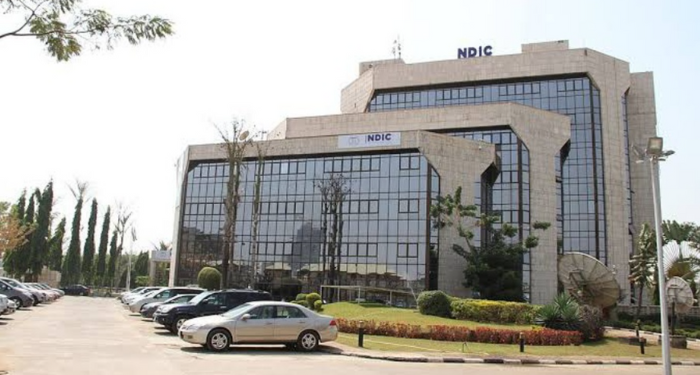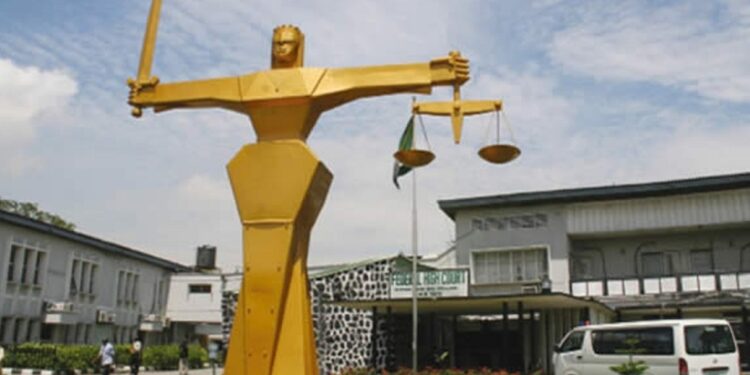The Nigerian naira maintained its position below the N1,600 per dollar mark in the unofficial market during the recent public holidays, trading in a narrow band of N1,587–N1,590/$ early Tuesday. The subdued activity reflected reduced transactional volumes across Nigeria’s major commercial hubs during the holiday period.
According to data from the Central Bank of Nigeria (CBN), economic sentiment remains upbeat, with businesses expressing increased confidence in the outlook for Africa’s largest economy. The agriculture sector recorded the highest confidence score, and across industries—from mining to manufacturing—business leaders signaled plans to expand operations in the first half of the year.
This optimism extended to the currency market, where many expect the naira to gain ground. Employers across key sectors also anticipate boosting hiring in the coming months.
At the June edition of the Lagos Business School Breakfast Meeting, renowned economist Bismarck Rewane forecasted that the naira would hover between N1,600 and N1,650 per dollar in the near term. He noted that by traditional valuation metrics, the naira remains undervalued by approximately 26.82%, suggesting room for appreciation.
Rewane also pointed out a key improvement: the once-wide gap between official and parallel exchange rates has narrowed significantly to a 1–3% band, down from a previous disparity of 50–70%. This alignment, he said, indicates that the naira is now more accurately priced.
Dollar Holds Steady Globally Amid Uncertainty
Globally, the U.S. dollar held steady in early London trading, with the Dollar Index at 98.99, close to a six-week low. Market sentiment is cautious ahead of the May U.S. inflation data, set to be released on Wednesday. The results are expected to provide insight into the effects of tariffs and supply chain pressures on inflation.
Meanwhile, ongoing U.S.-China trade talks in London have done little to shift market dynamics, with discussions focused on long-term issues such as export controls, rare earth elements, and student visas. Analysts note that a quick resolution appears unlikely, in contrast to earlier Geneva-based negotiations that offered short-term tariff relief.
The dollar has lost around 9% year-to-date, weighed down by concerns over trade disputes, rising U.S. debt levels, and political uncertainty. UBS economist Dean Turner warned that investors are gradually trimming exposure to the dollar amid growing risks, though the U.S. market’s size and liquidity still make it a cornerstone of global finance.
Back home, the relative stability of the naira in the face of global uncertainty underscores cautious optimism—though analysts maintain that consistent monetary policy, robust FX reserves, and structural reforms remain crucial for long-term currency stability.





